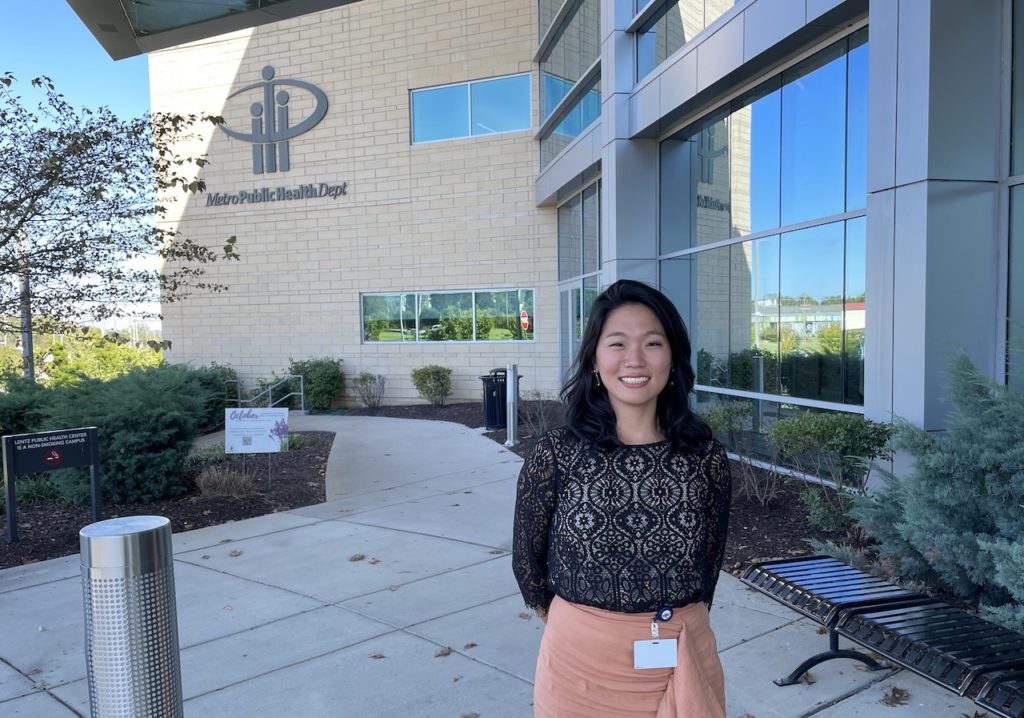
The pandemic plainly exposed health inequities in Nashville, from high concentrations of COVID cases to limited vaccine access early on. In response, the city’s health department has restructured to form a bureau of health equity.
The need to focus on racial and ethnic disparities pre-dates the pandemic. But now there’s more public interest, says Tené Hamilton Franklin, the new chair of Nashville’s board of health.
“We were struggling to get attention,” Franklin says. “And now we’ve got a lot of attention.”
Franklin says the pandemic put a face to health equity — like residents in neighborhoods with lots of immigrant families where COVID spread quickly, or Black church leaders who have tried to help overcome decades of damaged trust in vaccines.
“What we’re seeing is the manifestation of the inequities, so to counter that we have to have an upstream, strategic approach to prevention,” she says.
The Metro Public Health Department has received $5 million dollars from the Centers for Disease Control and Prevention to spend on improving health equity. It’s using the money, combined with some local grants, to add a seventh bureau to the department, focusing on inequities exacerbated by the pandemic.
More: Racial disparities emerge in Tennessee’s testing for COVID
“This is an opportunity to take those lessons and build them out into an infrastructure that will last beyond us addressing the COVID pandemic,” says Stephanie Kang, a policy expert with a public health doctorate from Harvard, who has been hired as the inaugural director.
Consider COVID testing sites, Kang says: Local health departments quickly learned proximity wasn’t the only problem for a single mother who still needed a ride and someone to watch her kids.
“It’s about being able to get that person transportation, get that person child care, remove those barriers so that person has the best opportunity to actually get the service they need,” she says.
It’s a big rethinking of the status quo, though it’s not brand new in public health to consider structural barriers. But Kang says if her team can show success resolving COVID-related issues, then perhaps the public will support taking the same kind of approach with other diseases.

